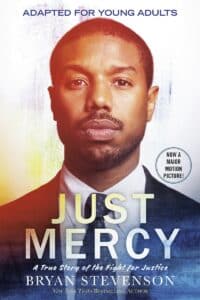 In this young adult adaptation of the acclaimed bestselling Just Mercy: A True Story of the Fight for Justice, Bryan Stevenson delves deep into the broken U.S. justice system, detailing from his personal experience his many challenges and efforts as a lawyer and social advocate, especially on behalf of the most rejected and marginalized people in the United States.
In this young adult adaptation of the acclaimed bestselling Just Mercy: A True Story of the Fight for Justice, Bryan Stevenson delves deep into the broken U.S. justice system, detailing from his personal experience his many challenges and efforts as a lawyer and social advocate, especially on behalf of the most rejected and marginalized people in the United States.
In this very personal work — proceeds of which will go to charity — Bryan Stevenson recounts many and varied stories of his work as a lawyer in the U.S. criminal justice system on behalf of those in society who have experienced some type of discrimination and/or have been wrongly accused of a crime and who deserve a powerful advocate and due justice under the law.
Through the Equal Justice Initiative (EJI), an organization Stevenson founded as a young lawyer and for which he currently serves as executive director, this important work continues. EJI strives to end mass incarceration and excessive punishment in the United States. [Description from GoodReads.com]
ISBN: 9780593177044 | Random House Children’s Books | Ember
Democracy Now! interview with Bryan Stevenson
Video clip: “Just Mercy”: Bryan Stevenson on Ferguson, Prison Reform & Why the Opposite of Poverty is Justice (2014)
Classroom Story
I focus my unit of Just Mercy: A True Story of the Fight for Justice around argumentation. While we read the book, I have students keep track of claims made by Stevenson and how he supports the claims with facts and stories. Then they choose their own issue of justice at the end of the unit to research and make an argument about. I encourage them to use the EJI website and Just Mercy as resources. Many write about the death penalty, the conditions of prisons, juveniles being tried as adults, biased jury selection, sexual assault in prison, privatization of prisons, etc. They learn a lot about the injustices of the entire “justice” system.
During the unit, we also explore alternative justice systems throughout the world (mostly Scandinavian countries), and students compare them to the U.S. system. This particular exercise is eye-opening to students because they don’t often think about other ways of doing things. They only know what they know. By the end of this assignment, many students find our own system dehumanizing, unfair, and socially unproductive. They use these other systems to argue that the U. S. should be more focused on rehabilitation.
The other great thing about this unit is that I can then forever use the mantra: “People are more than their worst mistake.” I’ve used this when students have misbehaved in class, but I want to still foster a good relationship with them. When I tell them this, their humanity is recognized, and they know that I am able to forgive them and move forward. It removes so much tension!

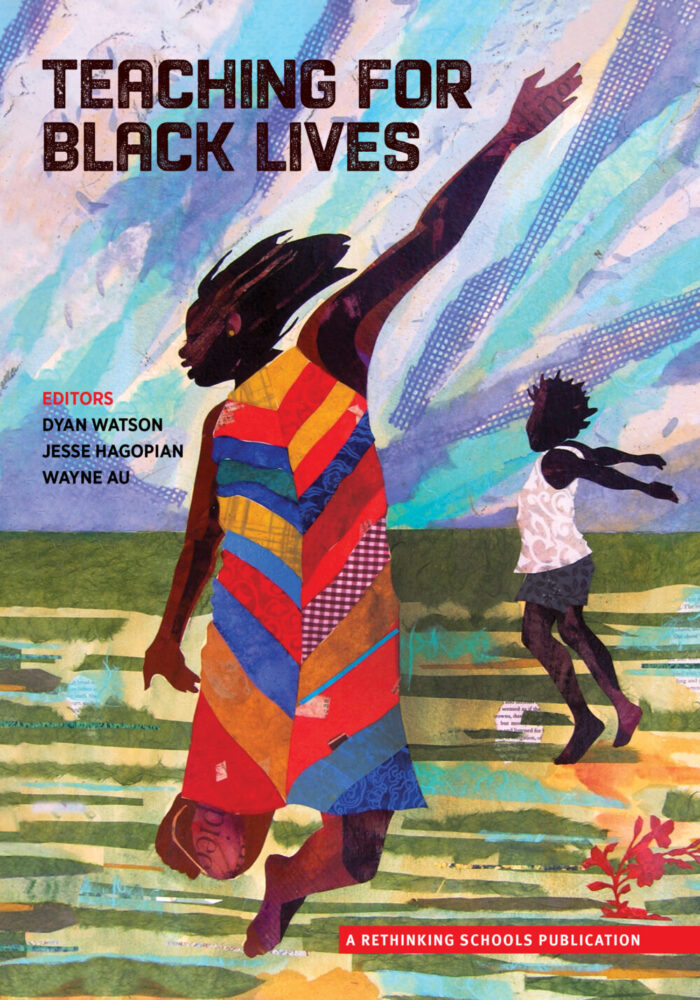
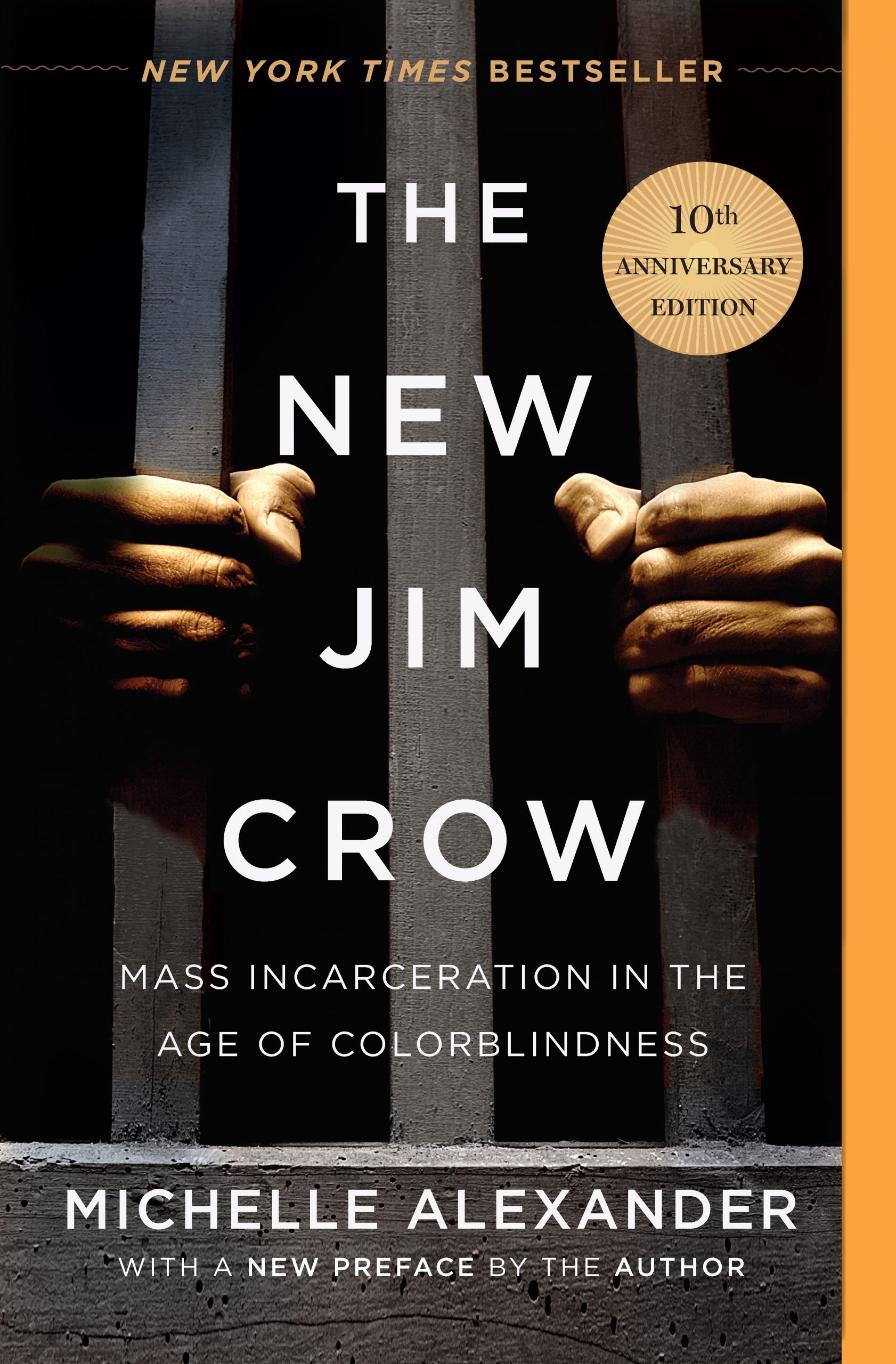

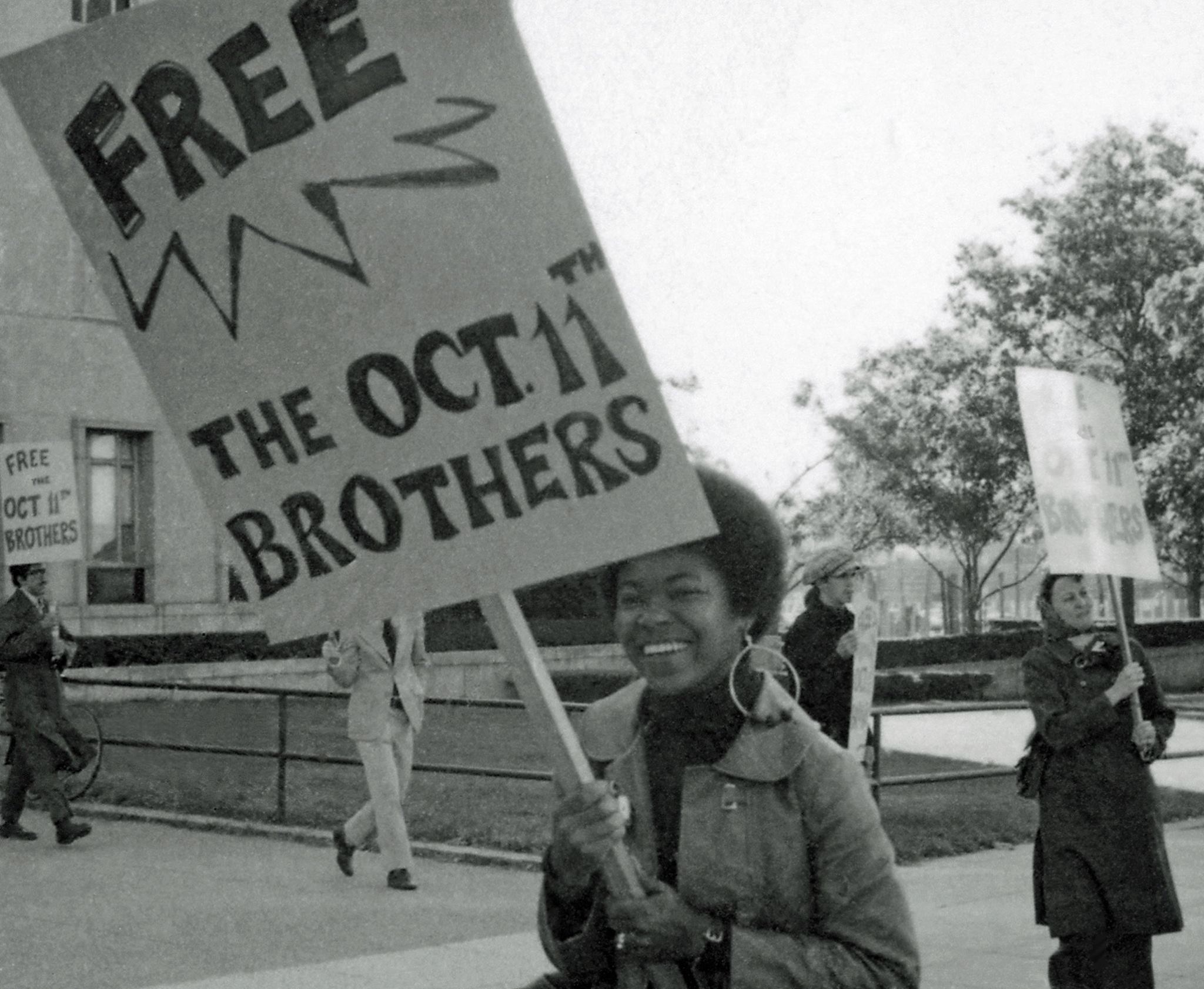
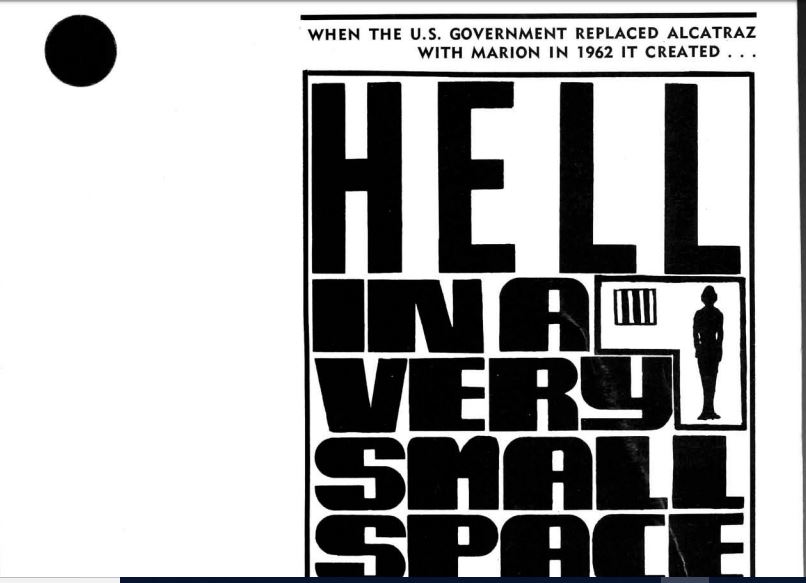
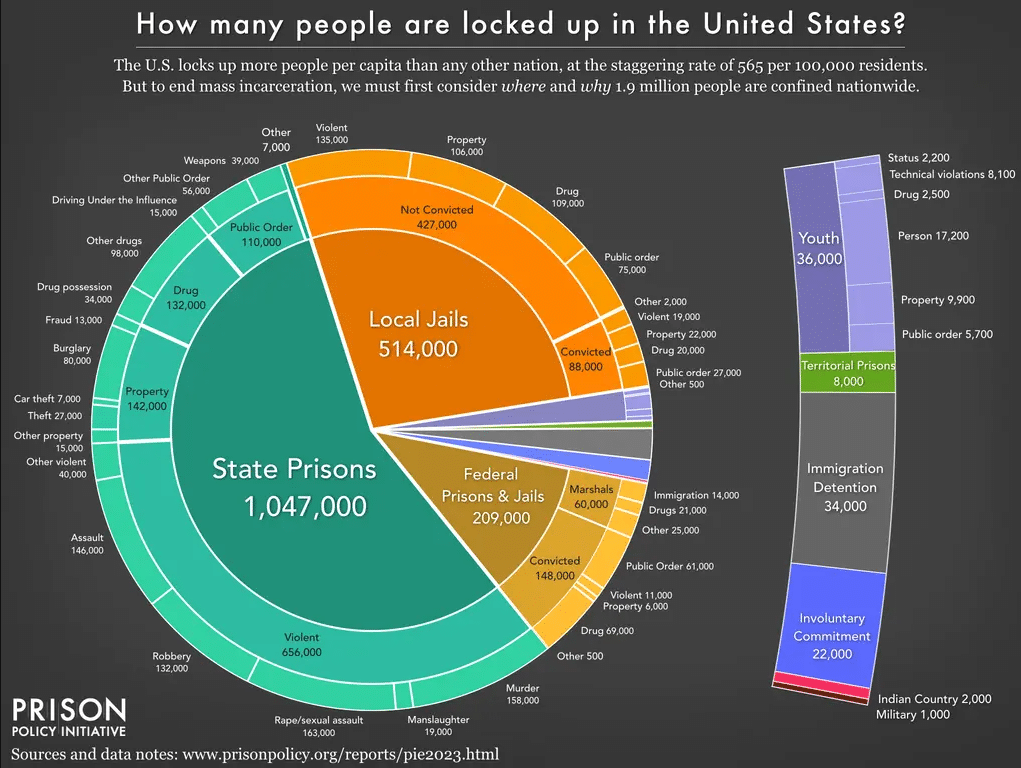






Twitter
Google plus
LinkedIn